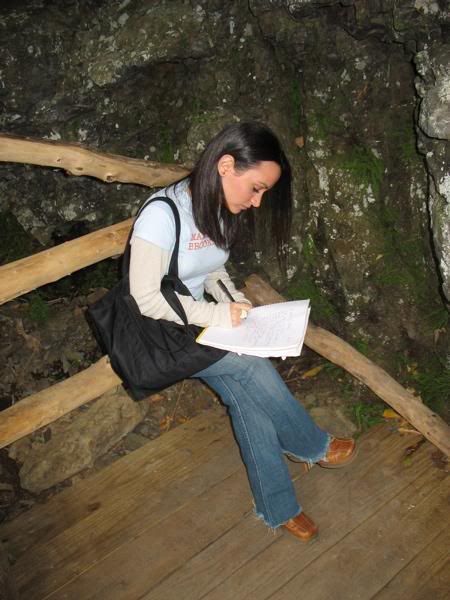One Sunday afternoon, I was sitting in a diner in New Jersey listening to a male friend fine tooth comb details of his Friday night that could have possibly been considered a date that might lead to another. I was munching on my grilled cheese sandwich as he analyzed the situation that had apparently left him on edge and filled with anxiety. He went on to say that there were no exchanging of plans or gestures that indicated they were going to get together again soon which clearly left much room for guessing and suspicion of her intentions. Was this just a booty call?
While my friend was contemplating whether “this thing” she said or “that thing” she did meant she liked him and wanted to see him again, my brain was making a connection. The funny thing was that my connection wasn’t based solely on personal experience with a “potential lover,” rather it was something pretty textbook from grad school. Educational research states that transitioning from one activity to another is a difficult task for children, for example, elementary school students need a directive before switching from one subject (writing) to another (math). A simple set of directions like, “Please take out your math notebook when you return to your desk, put your heading on the next clean page you find and raise your pencil up in the air when you’re ready to start the first word problem,” is preventing the class from scrambling back to their seats without a focus which can then lead to nervous chatter and questioning like, “What are we supposed to do now?” Coincidentally, this was the same question my friend found himself asking at the table in the diner. You see, my friend’s Friday night didn’t end on a definitive note.
If the earth is our classroom, take the findings of the research and apply it to dating for a minute. Pretend that you are on a date and everything is going pretty well. You’re engaged in the night’s events and are happy to be out with said person. Then, it’s time for the date to come to an end. Here’s where the transition kicks in and it could be either one of two things:
Smooth with clear expectations: a walk to the front door with, “good nights” exchanged followed by, “I’d like to see you again” or “I’ll call you this week to make a plan.” Or…
A transition without direction that induces anxiety, leaving you wondering, “What’s next?” after a simple exchange of, “good nights” without anything indicating a future date.
In most instances, if transition number two takes place towards the end of a date, it’s a sign that a second is not immediately following. Just like sending a child back to his/her seat without an idea of what’s coming next, dates that leave anyone asking, “Now what?” can lead to the emotional chaos.
So you see, transitions are ageless. And, if you find yourself asking, “What’s next?” after a date, don’t allow the person to waste anymore of your time! Make the decision for them by deleting their number from your phone, for that, in itself, will be your answer. NEXT!
Wednesday, November 14, 2007
Subscribe to:
Post Comments (Atom)


1 comment:
I love this post. Transitions are so important in dating and in all areas of life. Yes, if there is a question about further plans, leave it!
xo,
Karen Beth
zazazu.wordpress.com
Post a Comment